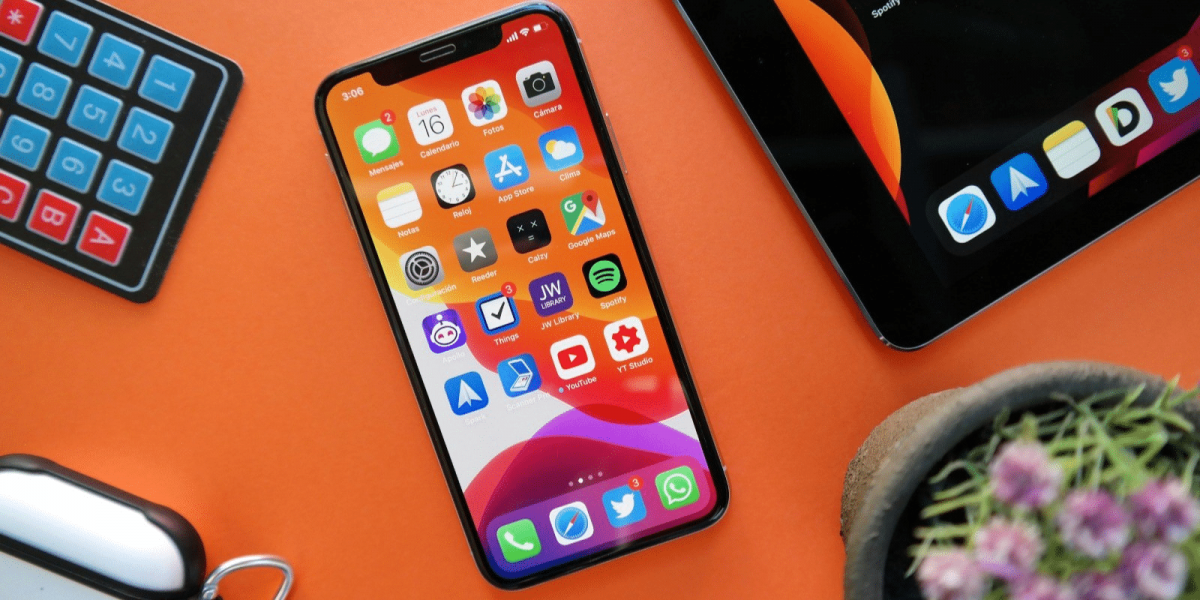In the rapidly evolving landscape of mobile technology, the quest for faster chips has emerged as a driving force behind innovation and advancement. Faster chips, equipped with powerful processors and cutting-edge architecture, play a crucial role in enhancing the performance, efficiency, and user experience of mobile phones. This article explores the myriad benefits of faster chips in mobile phones, shedding light on their importance in shaping the future of mobile technology.
In an era defined by constant connectivity and digital innovation, mobile phones have become indispensable companions in our daily lives. From communication and entertainment to productivity and navigation, mobile phones serve as multifunctional devices that empower us to stay connected and productive on the go. At the heart of every mobile phone lies its central processing unit (CPU), a semiconductor chip that serves as the brain of the device. As mobile phones continue to evolve, the demand for faster and more efficient chips has become increasingly paramount, driving advancements in semiconductor technology and mobile computing.
The Role of Faster Chips
Faster chips, characterized by higher clock speeds, increased computational power, and enhanced efficiency, are instrumental in delivering a seamless and responsive user experience. From smoother multitasking and faster app loading times to improved gaming performance and enhanced battery life, faster chips enable mobile phones to perform a wide range of tasks with speed and efficiency. As mobile applications become more complex and resource-intensive, the importance of faster chips in meeting the growing demands of users cannot be overstated.
Enhancing Performance and Responsiveness
One of the primary benefits of faster chips in mobile phones is their ability to enhance performance and responsiveness. Faster chips enable mobile phones to execute tasks more quickly and efficiently, resulting in smoother user interactions and reduced latency. Whether it’s launching apps, browsing the web, or navigating through menus, faster chips ensure that mobile phones respond promptly to user input, providing a seamless and fluid user experience.
Seamless Multitasking
Faster chips empower mobile phones to handle multiple tasks simultaneously without compromising performance. With faster processors and increased RAM capacity, mobile phones can effortlessly switch between apps, run background processes, and handle resource-intensive tasks such as gaming and multimedia playback. This seamless multitasking capability allows users to stay productive and engaged, whether they’re working on-the-go or enjoying leisure activities.
Improving Gaming and Multimedia Experience
For gaming enthusiasts and multimedia aficionados, faster chips are a game-changer when it comes to mobile entertainment. Faster chips enable mobile phones to render graphics more quickly, deliver smoother frame rates, and support immersive gaming experiences with realistic visuals and responsive controls. Whether it’s playing graphically demanding games, streaming high-definition videos, or editing photos and videos on-the-fly, faster chips elevate the gaming and multimedia experience on mobile phones to new heights.
High-Fidelity Audio and Video Playback
Faster chips enable mobile phones to decode and process high-fidelity audio and video formats with ease, delivering immersive audiovisual experiences that rival those of dedicated multimedia devices. With support for advanced audio codecs, high-resolution displays, and HDR (High Dynamic Range) technology, mobile phones equipped with faster chips can reproduce lifelike images and crystal-clear sound, enhancing the enjoyment of movies, music, and other multimedia content.
Maximizing Efficiency and Battery Life
Contrary to popular belief, faster chips can also contribute to improved energy efficiency and extended battery life in mobile phones. Modern chip designs incorporate advanced power management techniques and low-power components that optimize energy consumption and minimize heat generation. As a result, mobile phones equipped with faster chips can deliver superior performance without draining the battery excessively, allowing users to enjoy longer usage times between charges.
Optimized Power Consumption
Faster chips leverage innovative technologies such as dynamic voltage and frequency scaling (DVFS) and heterogeneous computing to adapt their power consumption based on workload and usage patterns. By dynamically adjusting clock speeds, voltage levels, and CPU core usage, faster chips can minimize power consumption during idle periods and ramp up performance when needed, striking a balance between performance and energy efficiency.
Takeaway
Faster chips play a pivotal role in unlocking the full potential of mobile phones, enhancing performance, efficiency, and user experience. From faster app loading times and seamless multitasking to immersive gaming and multimedia experiences, faster chips enable mobile phones to meet the demands of today’s increasingly connected and digital-centric world. As semiconductor technology continues to advance and mobile computing evolves, the importance of faster chips in driving innovation and shaping the future of mobile technology cannot be overstated. By harnessing the power of faster chips, mobile phones will continue to push the boundaries of what is possible, empowering users to stay connected, productive, and entertained wherever they go.
















